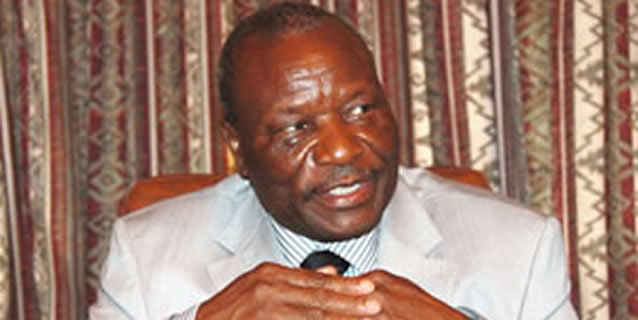Zesa abandons scratch cards plans

Felex Share Herald Reporter
Zesa has abandoned plans to introduce power recharge cards amid reports that the power utility found the deal unprofitable owing to high production costs.
The recharge cards, which should have been introduced in May, were expected to ease congestion at prepaid power purchase points.Zesa banking halls are always congested with people intending to register and make payments for prepaid meter installations.
The distribution outlets for the sale of electricity tokens created by a Zesa subsidiary, PowerTel and its technical partner, E-Solutions, are not yet operational, leading to congestion at banking malls.
The electricity tokens are sold through State-linked enterprises like NetOne, TelOne, CBZ, ZIMPOST and POSB, and OK supermarkets.
To decongest its banking halls, Zesa mooted introducing the scratch cards, before abandoning the idea.
Zesa spokesperson Mr Fullard Gwasira, yesterday confirmed the power utility had abandoned plans to introduce the recharge cards.
He said Zesa had taken into consideration “security concerns” raised by stakeholders.
“The issue of introducing scratch cards to recharge electricity meters is not on the table at the moment,” he said. “This is in line with best practice in the industry as the trend is towards greater customer convenience on the SMS and Internet platform that is provided by scratch cards. Zesa also took note of the security concerns which were raised by our valued customers.”
Mr Gwasira did not explain the “security concerns.”
However, sources yesterday said the idea of scratch cards was not viable.
“The major issue is that the cost of producing a scratch card is high locally to the extent that you end up using US$7 to produce a card with a denomination of US$5,” said a source.
“That is why you see that mobile telecommunications have their cards done out of the country. Others have them done in South Africa while others import them from China where printing is cheaper. As for Zesa, they had opted to have it done at Fidelity Printers but simple calculations showed that the process would be expensive and the idea was eventually abandoned.”
Prior to the sale of the electricity tokens through State enterprises, they were only available at Zesa banking halls and at two OK Supermarkets in Harare, and a ZETDC desk in TM Supermarket Mutare.
They were only sold during working hours.
The power utility recently turned down a request by Econet Wireless to sell the tokens through its mobile money transfer service, EcoCash.
Zesa said third party vending facility was reserved for State-linked enterprises. The telecommunications company also wanted to provide a solution to the problem of tampering with pre-paid meters that is costing Zesa millions of dollars in revenue every month.








Comments